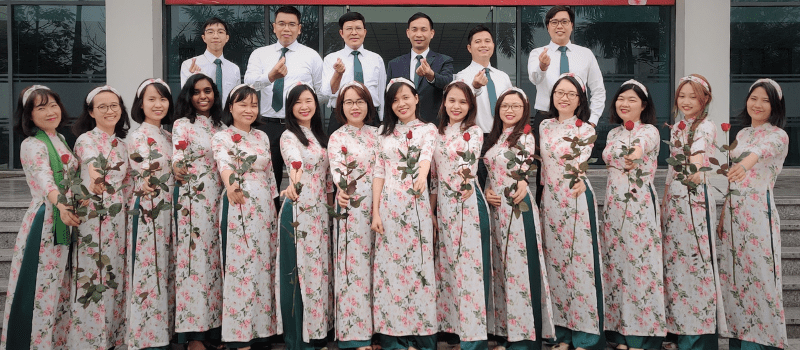March 8th marks International Women's Day, a time to reflect on the status of women, worldwide, and raise awareness about issues surrounding gender equality, gender bias, the role of women in society, abuse against women, and lift up those that have been working hard, and continue to fight, for the rights of girls and women everywhere.
Did you know that...
- 1 in 3 women across the globe have experienced violence (physical and/or sexual)
- Two-thirds of poor livestock keepers in the world are women
- Gender inequality is a major cause and effect of hunger and poverty: it is estimated that 60 percent of chronically hungry people are women and girls
- Less than 20 per cent of the world's land holders are women
At Veterinarians Without Borders/Vétérinaires Sans Frontières Canada (VWB/VSF), we work in six countries to improve the economic and social well-being of marginalized people, particularly women and girls, through our Volunteers Engaged in Gender-Responsive Technical Solutions (VETS) program. Generously funded by Global Affairs Canada, VETS uses the One Health model, which works at local, national, and international levels to improve the health of animals, people, and the environment. Using this model, we support smallholder farmers, (primarily women), in reducing poverty through improved productivity of livestock and crops by adapting to climate smart practices.
Here are five ways that, with the help of donors and volunteers like you, women are continuing to strengthen food security in their communities:
- In South Sudan, our edible insect farming project has enabled women, like Lemia Alice, collect, consume, and sell edible insects, which are a nutritious, sustainable, and traditionally consumed source of protein. By working with our local partner, BaseNet, we have trained and provided insect harvesting equipment for 200 beneficiaries in South Sudan — 80% of whom are women.
- In Kenya, our gender specialist volunteers, like alumni volunteer, Maureen Tanyai, are helping build gender capacity across Kenyan farms, where nearly 50 per cent of farmers are women. Many of these women still do not have access to, or control over, resources and services, and they often live in fear of gender-based violence (GBV) and have no say over decisions in their homes. By working to train families in gender equality, women are taking on more decision-making roles, which typically results in higher productivity, yields, and income from their farms.
- By working with our local partners in Laos, we have implemented the "Safe & Fair" project to promote women’s economic empowerment for migrant women workers, especially through various activities with women’s groups, which include savings groups.
- Our VETS project in Vietnam focuses on working with our local partner, IEHSD, to build their capacity to improve gender-responsive sustainable development, which primarily focuses on women in agriculture. Based on their identified needs, volunteers are recruited to work directly with staff and community members to improve their understanding of One Health and how it can be integrated into smallholder farming practices.
- In Ghana, our VETS volunteers and on-the-ground partners, SEND and GAPNET, are working to support women in farming and agriculture. Despite the crucial role of women in agriculture, efforts to engage women in leadership roles are scarce, and their participation in decision-making processes, even those that directly impact their livelihoods, can be limited. VWB/VSF is working with local partners to improve climate-smart, resilient agricultural practices, specifically targeting women farmers.




